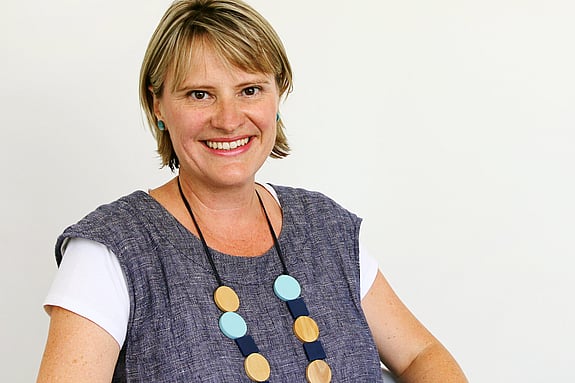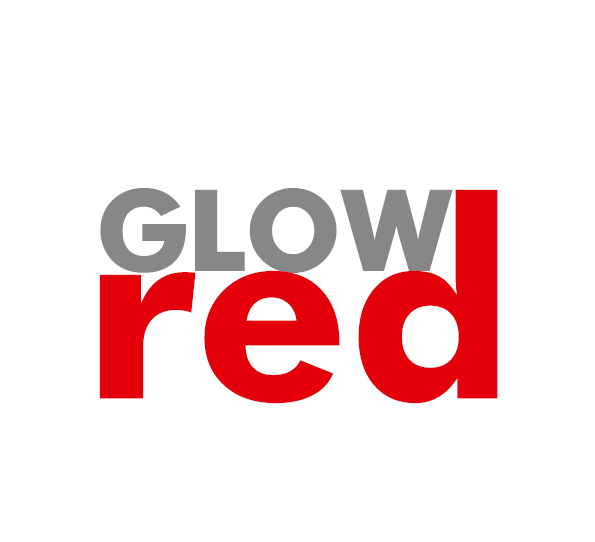"When you lead with kindness and tenacity, you show others that meaningful change is possible.”
Since joining the Australian Red Cross in 2019, Wendy Greenhalf, Head of First Aid and Mental Health Training, has led a powerful transformation, redefining how first aid is delivered, who delivers it, and why it matters.

Wendy’s true motivation lies in knowing that first aid education empowers people to act for humanity, often in the moments that matter most, whether in an emergency or a crisis. What sets her apart is her tenacity, a quiet but unwavering determination to challenge the status quo, overcome systemic barriers, and lead with empathy and purpose, starting with team culture and increasing diversity across all areas of the business. It has become a source of inspiration to others, as she uses her leadership to drive results and empower people to believe in what they stand for, pursue what they want to achieve, and remain open to seeing the world through new perspectives.
Whether it’s reshaping first aid as a community-strengthening tool, introducing inclusive hiring practices, or having brave conversations about change, Wendy’s approach blends strength, softness, strategy and heart.
“I joined the Australian Red Cross in 2019 because I saw an opportunity to lead change in a space with an organisation at the heart of humanitarian action. I believed that by expanding access to education such as first aid and mental health training, we could help save lives and strengthen community resilience and connection. I was drawn to the alignment of values and the purpose, impact, and innovation that the Red Cross represents.
Since joining, I’ve led our First Aid and Mental Health (FAMH) team through significant transformation. During the COVID-19 pandemic, we pivoted to deliver training in new digital formats so communities could continue to access life-saving skills. A core part of my role has been commercialising our first aid training to generate critical revenue that helps fund other vital Red Cross services.
”Real leadership is about building people up, giving everyone a go and constantly being open to learn and to pass on my learnings.”
I’ve also driven major culture change in how we operate, building a team that reflects the diversity of the communities we serve. Our trainer workforce now includes people from various backgrounds, skill sets, and lived experiences of first aid and mental health, and from rural and remote regions. When I started, our trainer base was predominantly male and within a limited age range. Today, just over 50% of our trainers are women, with representation across ages and cultural backgrounds. These voices have made our training more inclusive and authentic, and created a stronger connection within the team and with the people we serve.
This work has shown me how leadership can be both strategic and deeply human. The First Aid team has allowed me to lead with kindness, clarity, and purpose and to see firsthand the power of people-centred change. I’ve become more committed than ever to using my role to uplift others, especially women and people who don’t feel heard or seen. Success is often focused and measured purely on outcomes - for me success is determined by how people feel, and how we treat people along the way.
There is incredible strength in leading with empathy, collaboration, and courage. As a woman in a senior role, I’ve had to challenge stereotypes and norms, often at the cost of opportunities and career progression. I have learned that I will always choose the power of authenticity, showing up as my true self and encouraging others to do the same. Real leadership is about building people up, giving everyone a go and constantly being open to learn and to pass on my learnings.
”Change happens when people feel seen, heard, and supported.”
Unfortunately, societal change can be slow, and many women continue to face systemic barriers: pay inequality, lack of mentorship, and often being overlooked for strategic roles. One of the greatest challenges is the undervaluing of people-focused leadership styles, which are often associated with women: emotional intelligence, nurturing team culture, and relational leadership. These are the very skills our sector needs most—and yet they’re rarely championed.
We need to redefine what good leadership looks like and actively celebrate diverse voices and ways of leading. That includes promoting women into decision-making roles, ensuring inclusive recruitment, mentoring and career progression, and building cultures that prioritise kindness, psychological safety, and human connection. Change happens when people feel seen, heard, and supported.
In my role, I dream of a world where first aid is second nature, where everyone has the knowledge, skills, and confidence to help each other in times of need. I dream of equal rights and a Red Cross where our leadership mirrors the rich diversity of our communities, and where kindness is not a soft skill, but a strategic one. And I dream of a global humanitarian movement powered by equality, led with compassion, and united by a shared belief in human dignity and, of course…kindness."
Wendy Greenhalf
